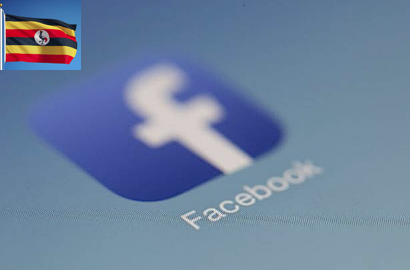Facebook has confirmed that it shut down accounts of top government officials in Uganda, AFP said in a tweet.
The confirmation Uganda’s Daily Monitor reported the banning of what it called a “slew of accounts belonging Ugandan officials accused of seeking to manipulate public debate ahead of the election on Thursday (this week).”
Uganda is holding presidential and parliamentary elections, and the campaigning has been called tense and bloody.
According AFP, Kezia Anim-Addo, the company’s head of communication in Sub-saharan Africa confirmed the ban by email, stating, “This month, we removed a network of accounts and been pages in Uganda that engaged in CIB (Coordinated Inauthentic Behaviour) to target public debate ahead of the election.”
Anim-Addo also stated that “they (the users) used fake and duplicate accounts to manage pages, comment on other people’s content, impersonate users, re-share posts in groups to make them appear more popular that they were. ” She added that the network was linked to Uganda’s Ministry of Information and Communications Technology.
“Given the impending election in Uganda, we moved quickly to investigate and take down this network.”
According to the Daily Monitor, Museveni’s senior press secretary Don Wanyama, who saw both his Facebook and Instagram account shut down, accused Facebook of seeking to influence the election.
“Shame on the foreign forces that think they can aid and plant a puppet leadership in Uganda by disabling online accounts of (the ruling party) NRM supporters,” he said on Twitter. “You won’t take away President Kaguta Museveni.” he said.
President Museveni, who has served as Uganda’s President for 35 years, has many times alleged that foreign organisations and elements of backing pop star turned politician Bobby Wine, who is popular with the young and the poor, in his bid, accusing them of wanting to remove his government.
The Ugandan politicians’ accounts are not the first network the social has banned. Anim-Addo explained. She said that over 100 such networks seeking to manipulate public debate have been removed worldwide since 2017.
